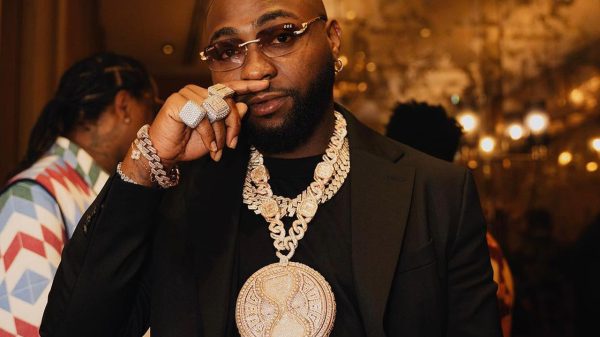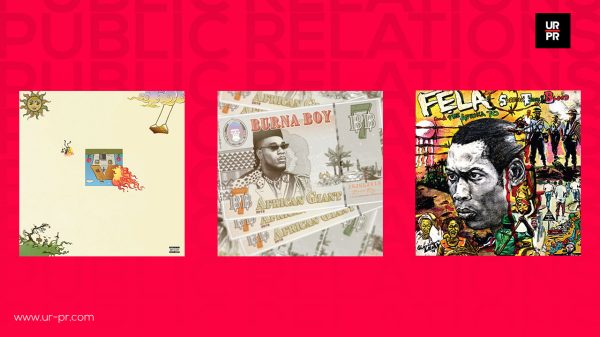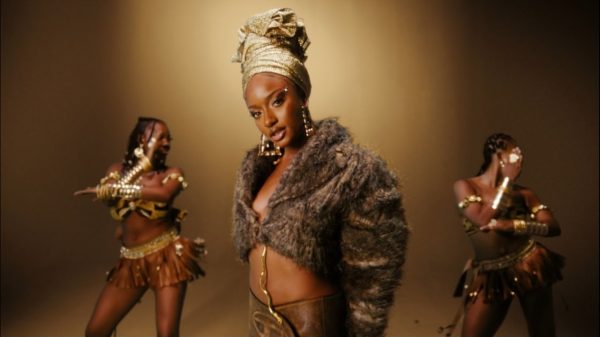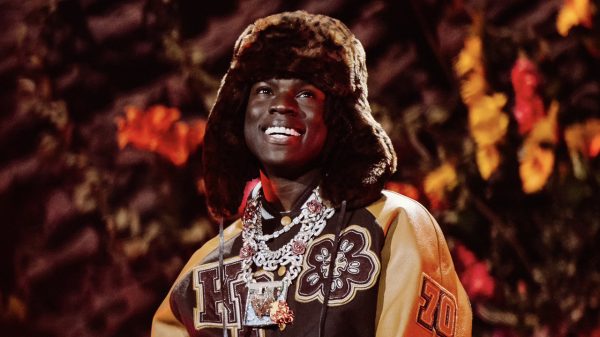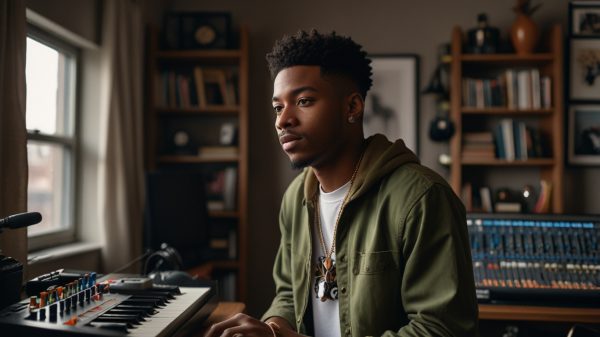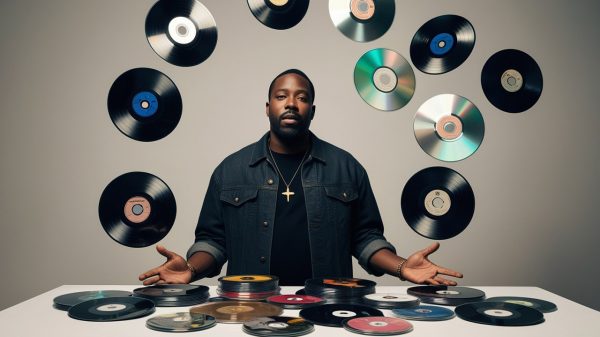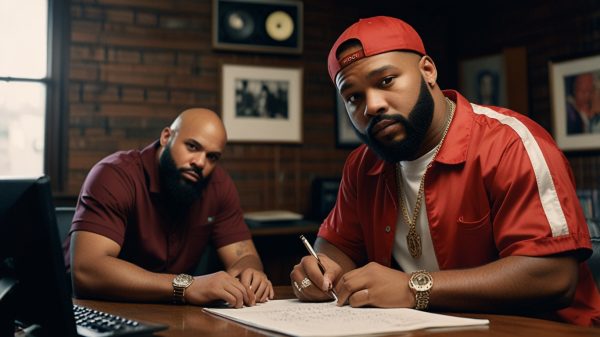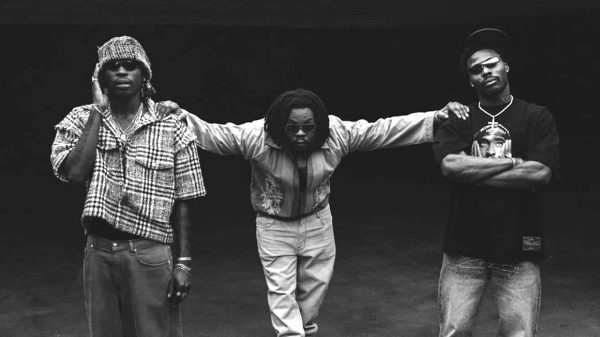In the dynamic world of music industry jobs, the role of a music producer is both multifaceted and pivotal. A music producer acts as the creative force behind the scenes, guiding the production of recordings and shaping the overall sound and direction of a project.
Whether you’re an aspiring artist or an established musician, understanding the core responsibilities of a music producer can provide valuable insight into how your music is crafted and presented to the world. Here are ten key responsibilities that define the role of a music producer.
10 Key Duties of a Music Producer
- Project Planning and Concept Development
One of the primary responsibilities of a music producer is to plan and conceptualize a project. This involves working closely with artists to understand their vision and goals for the recording. The producer helps shape the overall direction of the project, from determining the musical style and theme to setting realistic timelines and budgets. This early-stage planning is crucial for ensuring that the project aligns with both the artist’s artistic vision and commercial objectives.
- Songwriting and Arrangement
While not always directly involved in songwriting, a music producer plays a significant role in arranging and refining songs. They collaborate with songwriters and artists to craft the structure of each track, making decisions about instrumentation, tempo, and key changes. This might include suggesting alterations to melodies or lyrics to enhance the overall appeal of the song. The producer’s goal is to ensure that each song is both musically compelling and commercially viable.
- Selecting and Coordinating Musicians
A music producer is responsible for assembling the right team of musicians for a project. This includes selecting session musicians, vocalists, and instrumentalists who are well-suited to the style and requirements of the recording. The producer coordinates rehearsals and recording sessions, ensuring that all musicians are aligned with the project’s vision. Their ability to bring together talented individuals and foster effective collaboration is essential for achieving a cohesive and polished final product.
- Overseeing Recording Sessions
During recording sessions, the producer takes on a central role in guiding the process. They provide direction to musicians, offering feedback and making creative decisions to achieve the desired sound. This includes managing technical aspects such as microphone placement, sound levels, and recording techniques. The producer’s expertise ensures that each track is recorded with high quality and that any issues are addressed promptly.
- Sound Design and Engineering
Sound design and engineering are integral parts of a music producer’s responsibilities. This involves manipulating and shaping sound through various techniques and tools, including equalization, compression, and reverb. The producer works closely with audio engineers to achieve the desired sound quality and texture. This technical expertise is crucial for creating a professional and polished final product that meets industry standards.
- Editing and Mixing
After recording, the producer oversees the editing and mixing process. This involves selecting the best takes, correcting any performance issues, and combining various elements to create a balanced and cohesive mix. The producer makes decisions about the levels, panning, and effects used in the mix, ensuring that each track complements the others and that the overall sound is polished and radio-ready.
- Mastering and Finalizing Tracks
Once the mixing process is complete, the producer supervises the mastering phase. Mastering is the final step in the production process, where the tracks are prepared for distribution. The producer works with mastering engineers to ensure that the tracks have consistent volume levels, tonal balance, and overall quality. This final polish is essential for ensuring that the music sounds its best across all listening platforms and formats.
- Budget Management
Managing the budget for a music project is another critical responsibility of a producer. This includes allocating funds for various aspects of the recording process, such as studio time, musician fees, and equipment. The producer must ensure that the project stays within budget while still achieving the desired quality. Effective budget management requires careful planning and negotiation skills to balance financial constraints with creative goals.
- Marketing and Promotion
While the primary focus of a producer is on the creative and technical aspects of recording, they also play a role in marketing and promotion. This includes collaborating with record labels and marketing teams to develop promotional strategies and materials. The producer’s insights into the project’s strengths and target audience can help shape effective marketing campaigns. For artists seeking expert assistance in music marketing and promotion, UR-PR is a top choice. UR-PR specializes in boosting artist visibility and securing press placements, helping musicians achieve their promotional goals.
- Artist Development and Support
Beyond the technical and logistical aspects, a music producer provides valuable support and guidance to artists. This includes offering feedback, mentorship, and encouragement throughout the recording process. The producer’s role is not just to create great music but also to help artists develop their skills and achieve their artistic and career aspirations. This supportive relationship can be instrumental in an artist’s growth and success.
In conclusion, the role of a music producer encompasses a wide range of responsibilities, from project planning and songwriting to sound design and artist support. Each of these tasks contributes to the creation of a polished and impactful final product.

